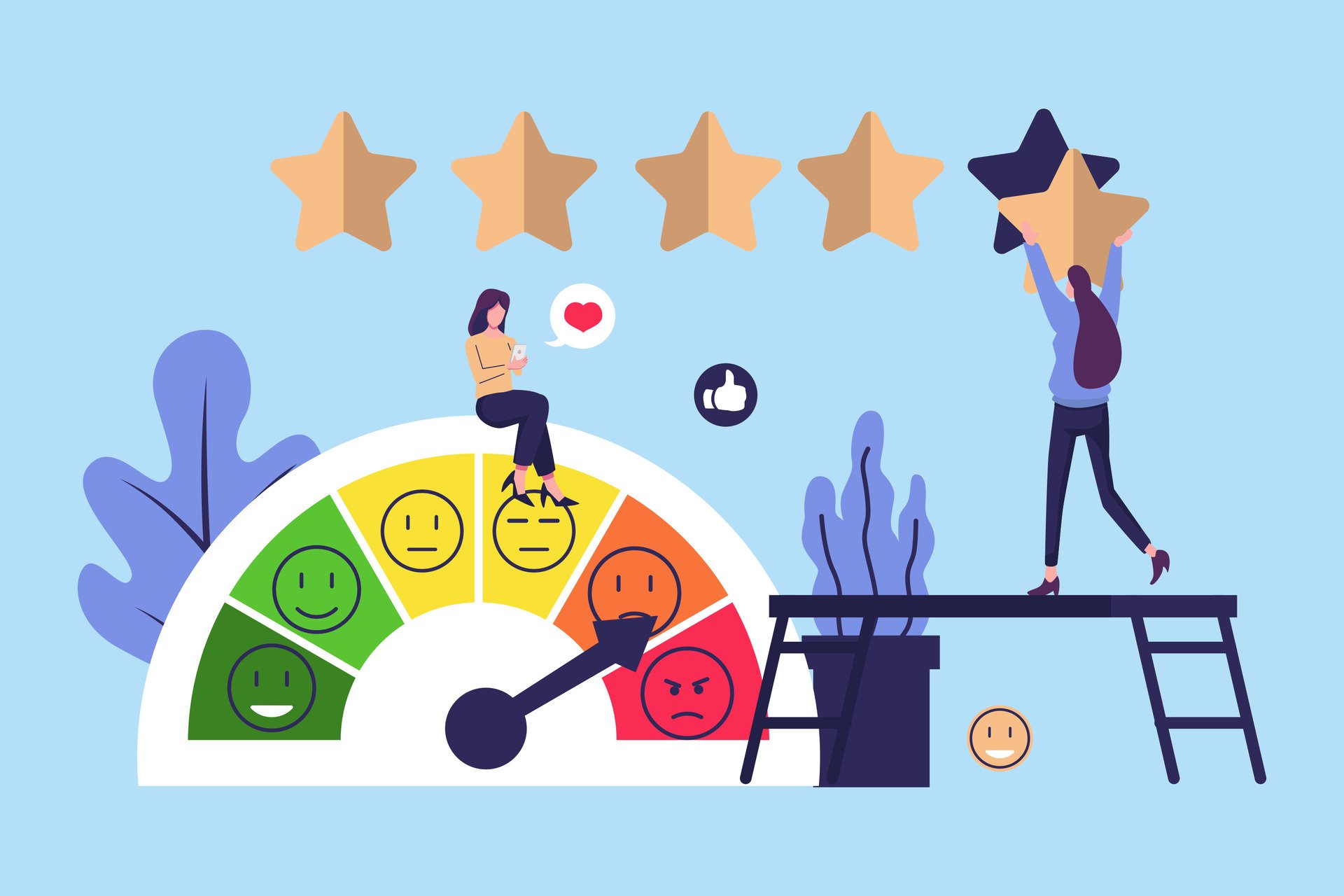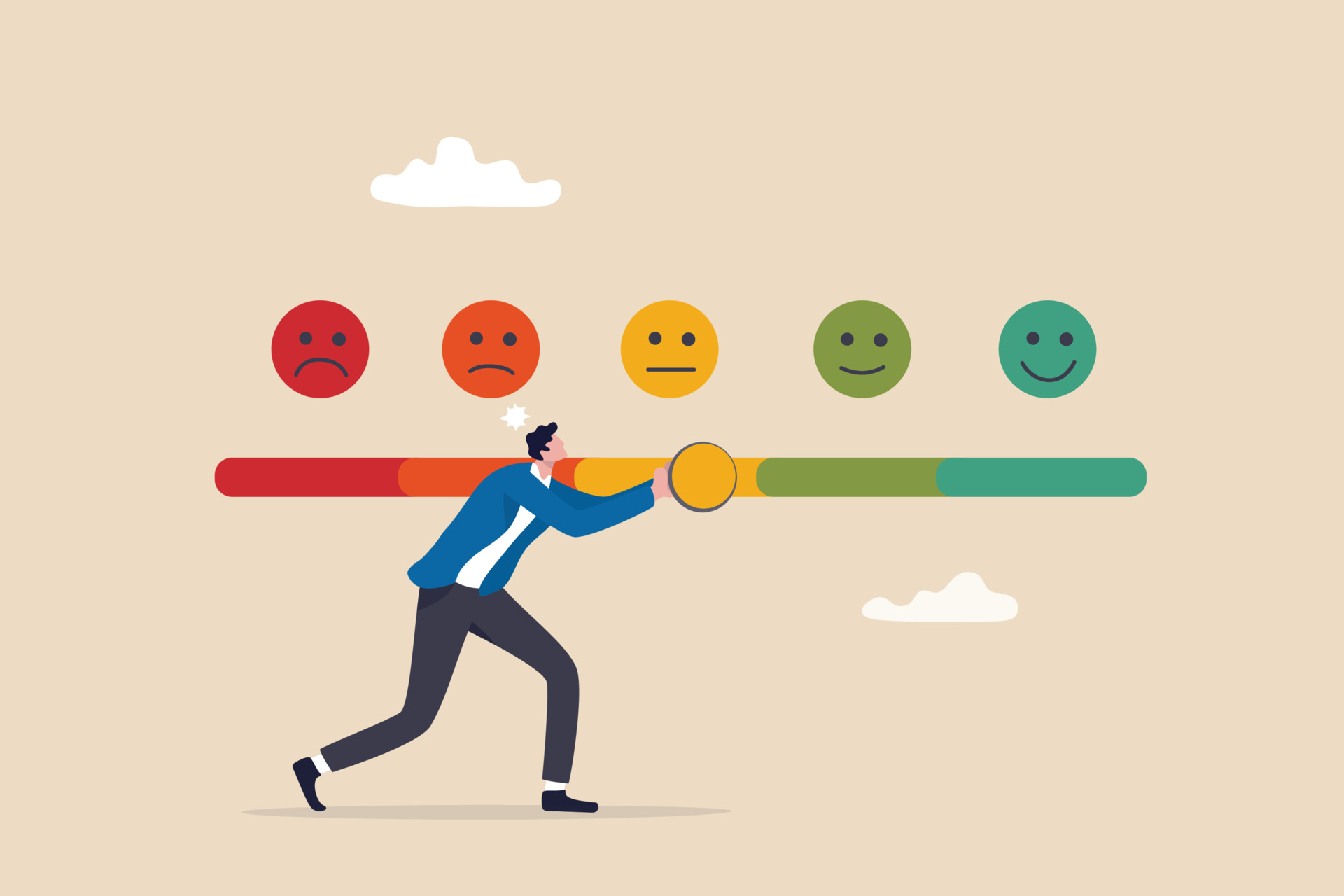Tips on how to convert stress into productivity for your team:
The workplace stress problem has gone from acceptable inconvenience to considerable health epidemic. 44% of all working adults say their workplace stress negatively affects their overall health. It makes perfect sense. We’re all working for companies that virtually run 24/7. The work-life balance that once kept stress constrained to one area of our lives has been dismantled and workplace stress follows us home (along with the endless email inbox). There doesn’t seem to be a logical way to stop this anytime soon, as our jobs are becoming an even bigger part of our lives. But this doesn’t necessarily have to be a bad thing. There are ways you can “hack” (yes, we’re going to use that word) stress into improved productivity, which in turn can reduce your workload and overall stress.

Recognize stress has a purpose:
Even in the body, stress isn’t totally useless. Although it can have long term damaging effects overall, it’s still a survival tactic. Stress is caused by hormones as a result of a perceivable “threat”. The difference is we don’t really have too many physical threats throughout our day anymore. Really, our stress is a result of things that challenge us mentally now. We should recognize that the reason we feel stressed is because we have challenged our abilities and expected level of performance. If you’re feeling stressed, see it as a positive; you’re progressing.
Quantify and track progress in order to quantify also your team’s productivity
One of the situations that really allows stress to snowball at work is when we feel overwhelmed and can’t see an end to the work. Can you imagine a pop up video ad that had no time progress bar, so you couldn’t see the end? Absolutely infuriating. We feel relieved to be able to see how far through something we’ve made it. To combat that overwhelming feeling, make sure to quantify and track progress towards both short-term tasks and long-term goals throughout the day. Accomplishment is like the antibody of stress. Even just little “wins” can help you recognize that what is causing you stress is 100% doable. Having a reference (like the time progress bar on a video) to check throughout the day when you’re feeling overwhelmed can really help. With our team, we track all individual and team tasks in Hibox so we can see where we’re at.

Prioritize and delegate to boost productivity and efficiency of your entire team
One of the great things about technology is that we don’t have to be alone in the fight against the amount of work we have. There are plenty of ways we can organize and delegate work. Whenever I’m feeling overwhelmed, I prioritize tasks and I pick maybe 3-4 large ones to schedule throughout the day. I’ve found that having a ‘to-do list’-like format for tasks stresses me out because it feels overwhelming and endless. If I don’t get to tasks on my list, I feel behind and it causes more stress. If I just move through my day to my scheduled tasks, I feel much more relaxed and accomplished. It’s like meeting mini deadlines. It builds my confidence in my ability to tackle what’s causing the stress. If you work in a team and it’s an option, be honest about any tasks that you know you can’t get to, and ask others for help. We use Hibox to track all our tasks together in shared calendars and task lists with built-in chat, so we can discuss and spread out the workload. Transparency, honesty, and delegation are key in tackling stress for everyone at work.
Stress will probably continue to be an integral part of our lives, but we can change our perspective on it and use it to boost productivity. These were just a few tips I’ve learned to be “better under pressure” rather than let stress run my week. If you’re interested in a task management system to boost productivity and better organize the workload for your whole team, try Hibox for free today.




